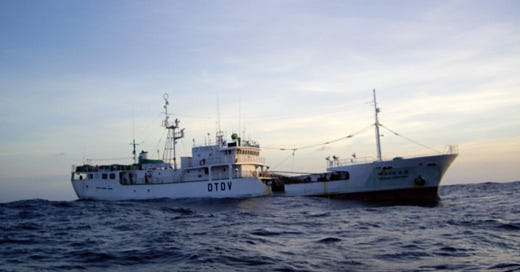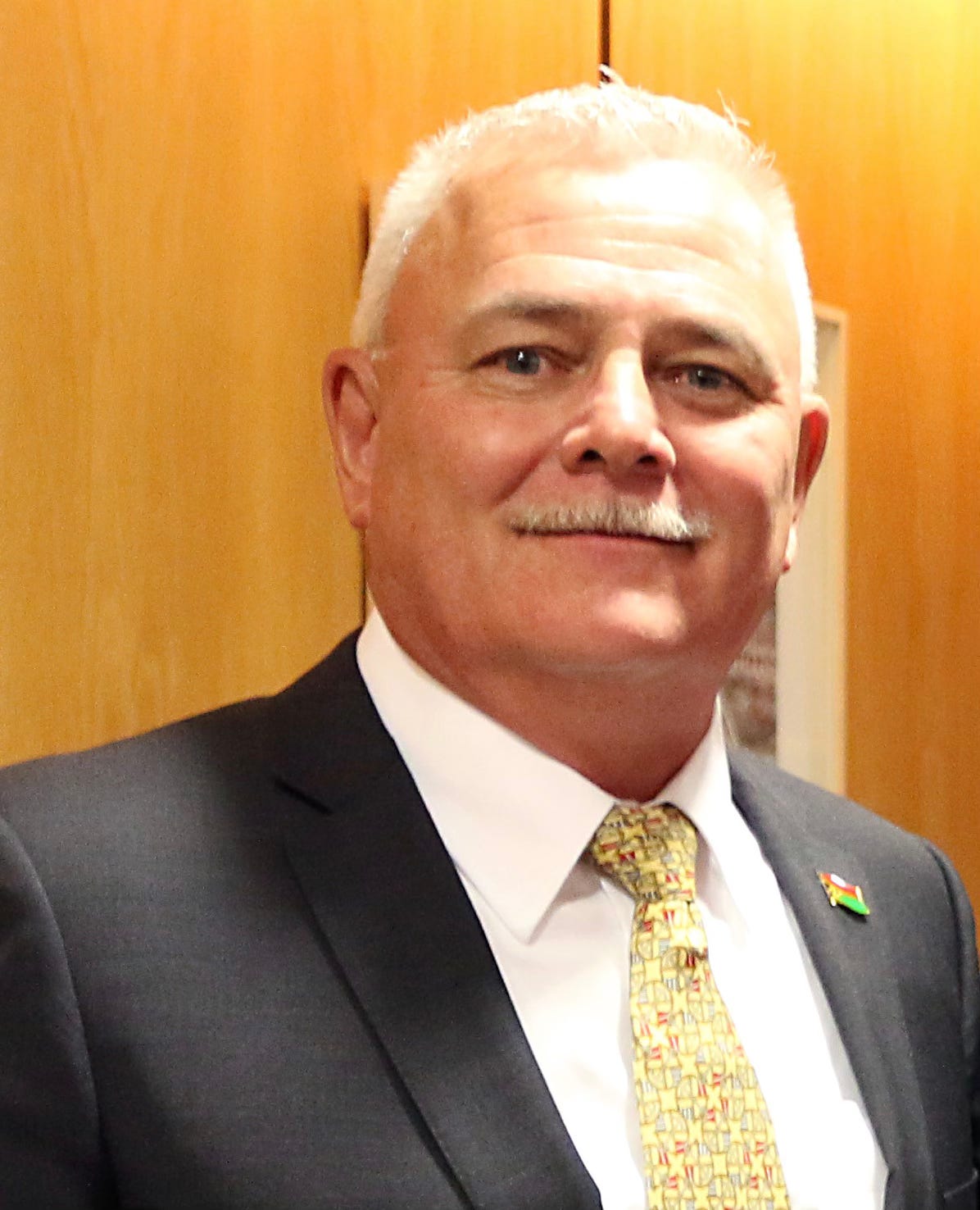Trapped on the Pacific high seas
Slave labour on boats, Vanuatu citizenship reserved & Fiji long names
When one country sets out to corrupt another nation’s nationality, it might look like a hostile act or even a crime.
But nowadays, such schemes are tucked away in tax havens and buried under layers of money laundering, making them nearly impossible to defend against or prosecute. Consider Vanuatu —a nation of just 320,000 that somehow fancies itself the global moral referee. It's ruthless in its assault on citizenship, splitting its spoils with a cast of dubious characters. Enter Robert Bohn, American-born but renounced his citizenship for Vanuatu’s, and profits from selling Vanuatu’s flag. Karma, it seems, has finally caught up with him, and many ni-Vanuatu are keen on having a go at his nationality.
Bohn, who is a member of the Vanuatu parliament, founded the New York based Vanuatu International Shipping Registry, which like other flags of convenience operations, is designed to corrupt and profit from other nations shipping standards rules. In short, as I’ve set out elsewhere, for a sum of money a ship, fishing boat or North Sea or Gulf of Mexico oil rig, can acquire Vanuatu ‘citizenship’ and avoid a whole lot of other environment and labour rules. Bohn is now working with the Solomon Islands to sell their flag.
Bohn’s voyage from renouncing his American citizenship to becoming an MP and nearly becoming Vanuatu’s prime minister, recalls other outsiders in the Pacific who did much the same. Sāmoa’s first ever prime minister, Albert Steinberger in 1873, was American. Given Vanuatu’s high turnover in premiers, Bohn might still manage. But there's a problem; his citizenship and ethnicity.
On March 7 this year the Vanuatu Daily Post reported that the new government of Prime Minister Jotham Napat had a 100-day plan that included law change making only indigenous Ni-Vanuatu able to contest provincial and national elections. This would strengthen citizenship programme governance, enhance public trust in citizenship processes plus the preservation of national identity, and strengthen cultural representation in governance. The focus will be on naturalised citizens, specifying that ‘only third generation citizens will be included to contest elections’. All this is rich coming from a country that is now among the most popular sources of citizenship-for-sale.
Bohn, the MP for Epi - also known as Volcano Island - says he believes in a Vanuatu where all citizens, regardless of race, background, or origin, are valued equally and have the right to serve their communities if elected by the people. He cited various international agreements on human rights.
‘Restricting public office only to indigenous citizens could be seen as discrimination based on origin — creating two classes of citizens and violating these agreements,’ he said.
Bohn said the policy could discredit Vanuatu on the international stage; recall, Vanuatu sells its citizenship to international criminals and its Vanuatu politicians who profit from it.
From The Pacific Newsroom’s On The Wire
Earlier this week a 36-year-old South Korean fishing boat dropped anchor in the Marshall Islands capital atoll of Majuro.
Coming into a port at all was an unusual experience for the tuna longliner Dong Won 620 and its 25 officers and crew; usually the 50 metre long, 470 ton stays at sea, like the near slave ship it is. Veteran fisheries consultant and ex-fisher himself, Francisco Blaha, writes on Linkedin of going aboard Dong Won to conduct inspections, and discovering that captain and crew had been at sea 361 days.
Keep reading with a 7-day free trial
Subscribe to Michael Field's South Pacific Tides to keep reading this post and get 7 days of free access to the full post archives.






